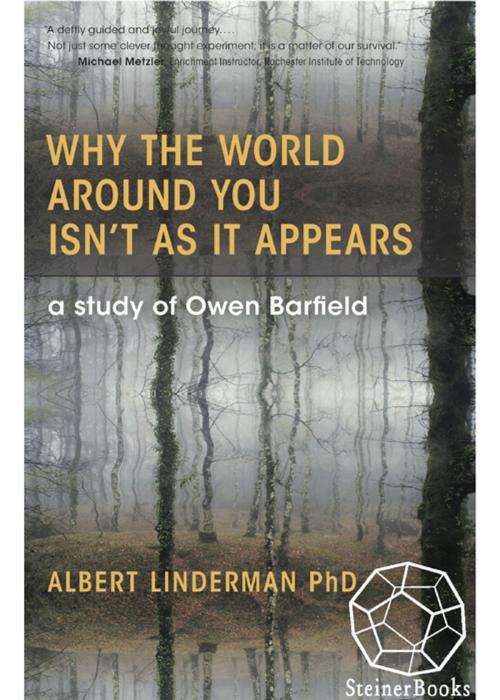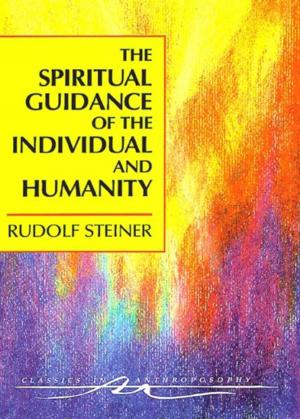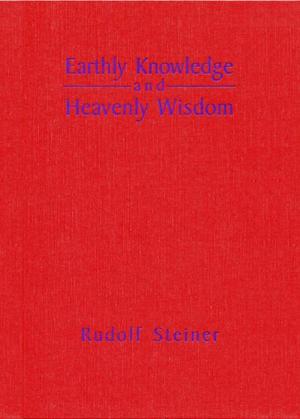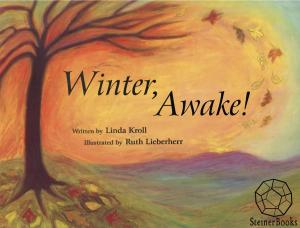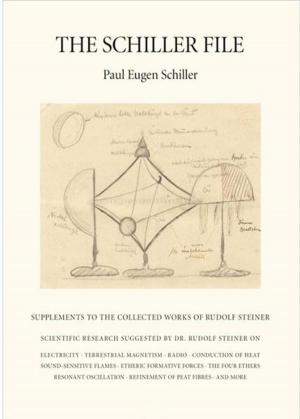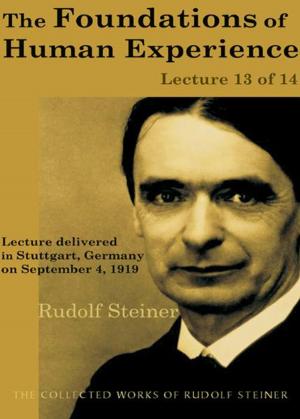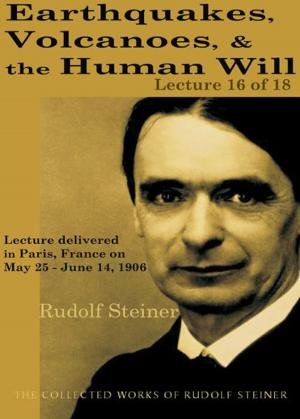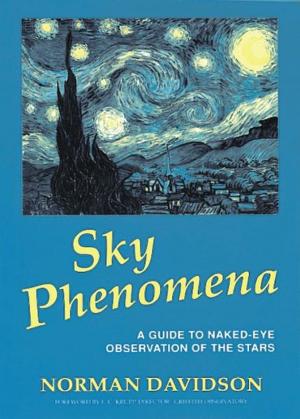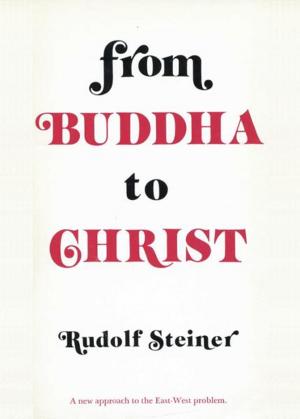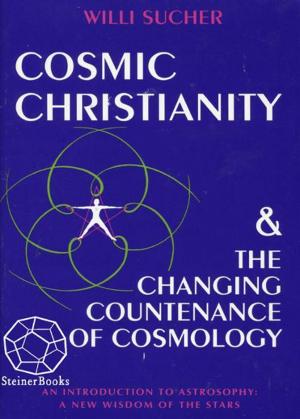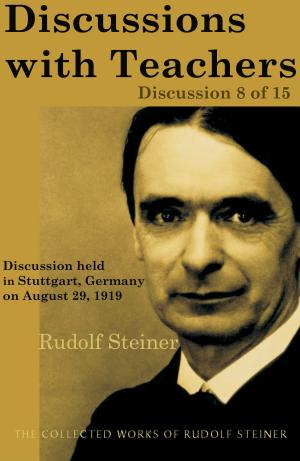Why the World around You Isn't as It Appears
A Study of Owen Barfield
Nonfiction, Religion & Spirituality, Philosophy, Epistemology| Author: | Albert Linderman | ISBN: | 9781584201229 |
| Publisher: | SteinerBooks | Publication: | September 1, 2012 |
| Imprint: | Lindisfarne Books | Language: | English |
| Author: | Albert Linderman |
| ISBN: | 9781584201229 |
| Publisher: | SteinerBooks |
| Publication: | September 1, 2012 |
| Imprint: | Lindisfarne Books |
| Language: | English |
Empirical knowledge is only one side of "reality." Empirical knowledge is all about the "outside," the surfaces of objects, the matter we can see and touch. It does not speak to the "insides," the unconscious inner reality, subjectivity, feelings, and meaning that humans contribute to the world of objects we experience in our day-to-day lives. The New Enlightenment looks at the inside from that place phenomenologist Edmund Husserl termed "the great world of the interiority of consciousness." Using the insights of Owen Barfield (1898-1997) as his starting point, Linderman investigates the nature of consciousness, the Enlightenment, scientific thinking, belief, and the power of imagination. This book is for those who appreciate the insights of alternative thinkers but feel at the mercy of an engineer neighbor, an amateur science buff friend, or skeptical relatives. They confidently present clear, reasoned, scientific arguments to discredit, or at least bring considerable doubt to the veracity of the claims of the alternative thinkers you find compelling. Before you can explain why you find such alternative writers so helpful, you need to be able to articulate succinctly the theory of knowledge that undergirds their ideas. If you struggle to do so now, you will find help in this book.
Empirical knowledge is only one side of "reality." Empirical knowledge is all about the "outside," the surfaces of objects, the matter we can see and touch. It does not speak to the "insides," the unconscious inner reality, subjectivity, feelings, and meaning that humans contribute to the world of objects we experience in our day-to-day lives. The New Enlightenment looks at the inside from that place phenomenologist Edmund Husserl termed "the great world of the interiority of consciousness." Using the insights of Owen Barfield (1898-1997) as his starting point, Linderman investigates the nature of consciousness, the Enlightenment, scientific thinking, belief, and the power of imagination. This book is for those who appreciate the insights of alternative thinkers but feel at the mercy of an engineer neighbor, an amateur science buff friend, or skeptical relatives. They confidently present clear, reasoned, scientific arguments to discredit, or at least bring considerable doubt to the veracity of the claims of the alternative thinkers you find compelling. Before you can explain why you find such alternative writers so helpful, you need to be able to articulate succinctly the theory of knowledge that undergirds their ideas. If you struggle to do so now, you will find help in this book.
